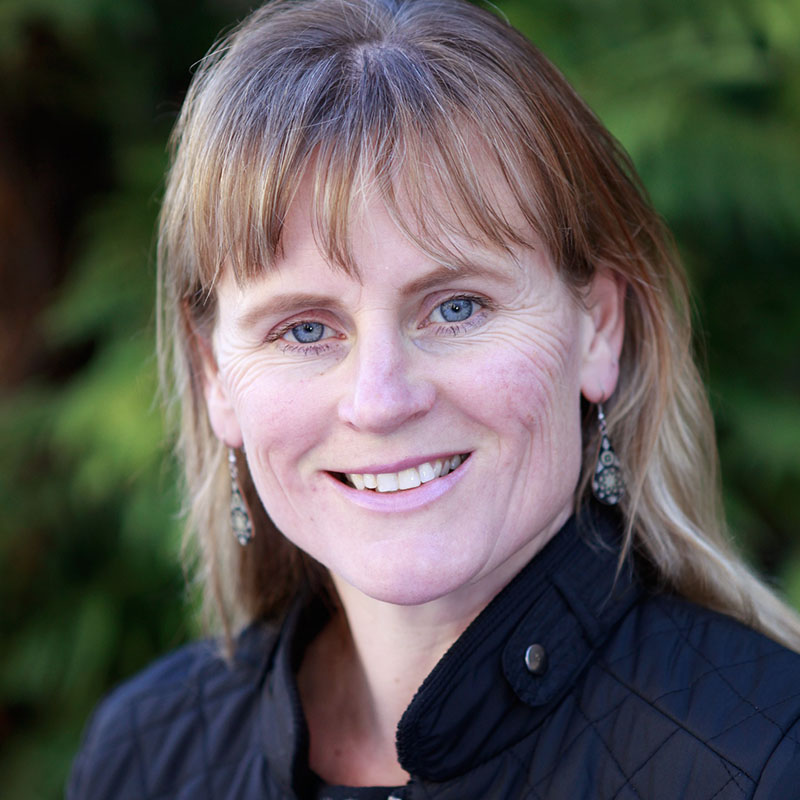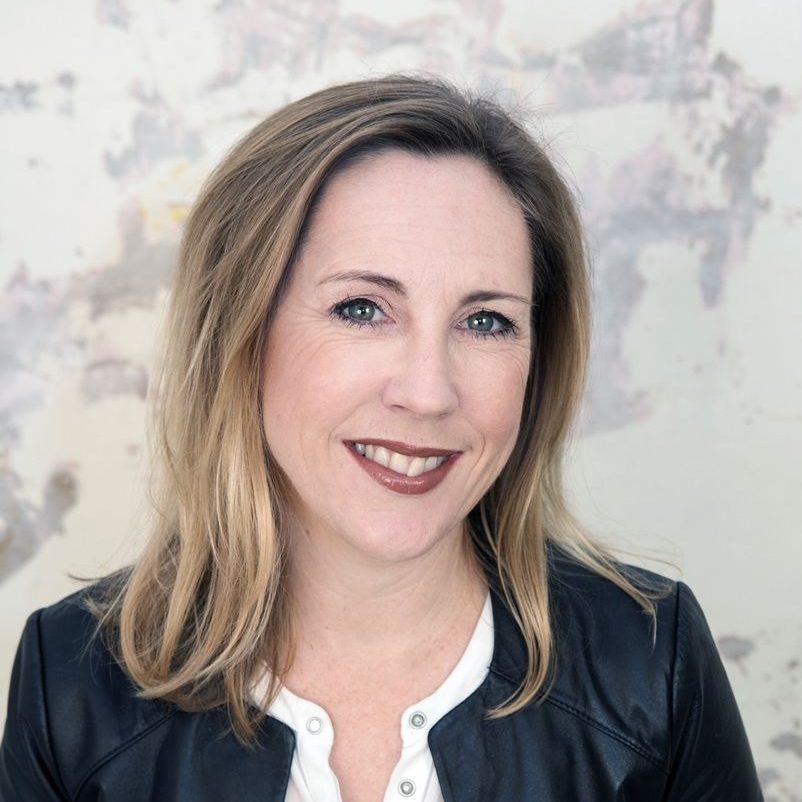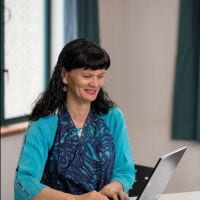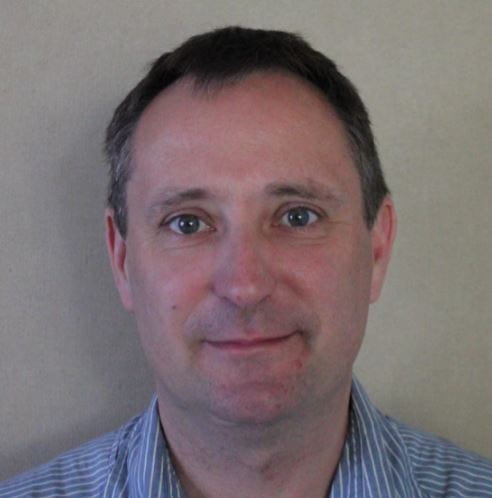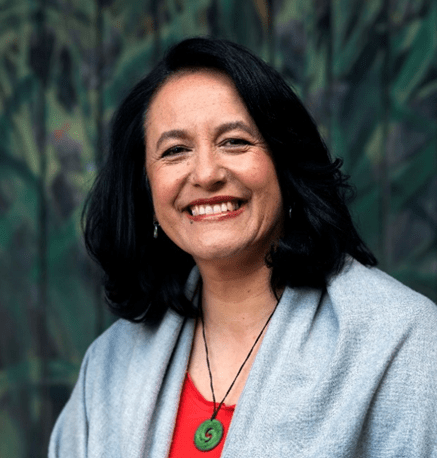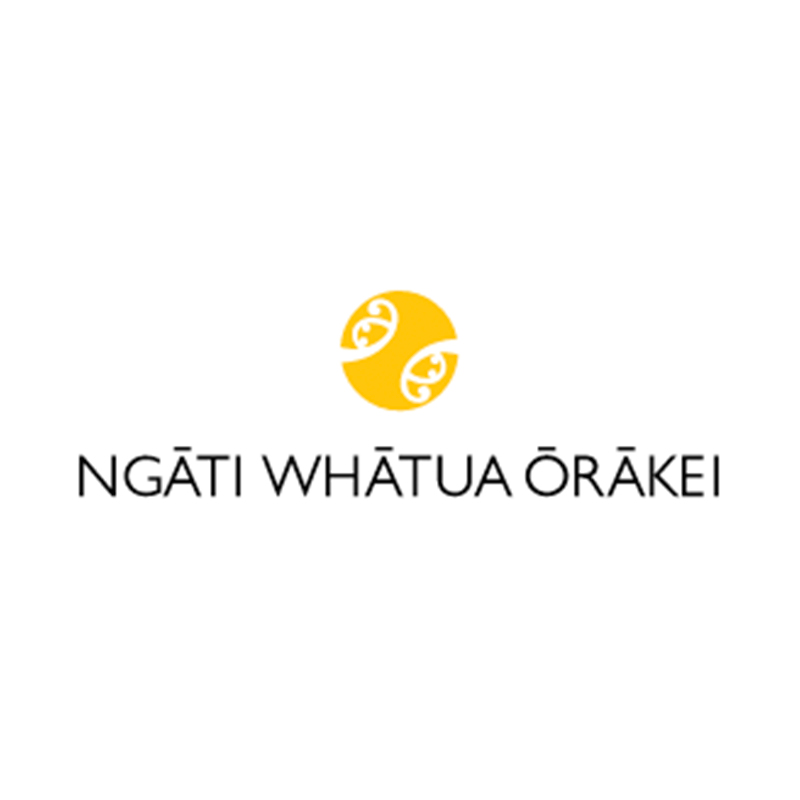About A Better Start
Healthy and successful lives for tamarikiKia ora
The Challenge had more than 160 researchers delivering excellent science to give our tamariki a better start in life. They came from many different disciplines and organisations, but are united in their commitment. Our researchers share a collaborative approach and through the He Awa Whiria (braided rivers) model weave together knowledge from differing sources that flow together to progress the wellbeing of tamariki.
Ngā mihi
Professor Wayne Cutfield
Challenge director
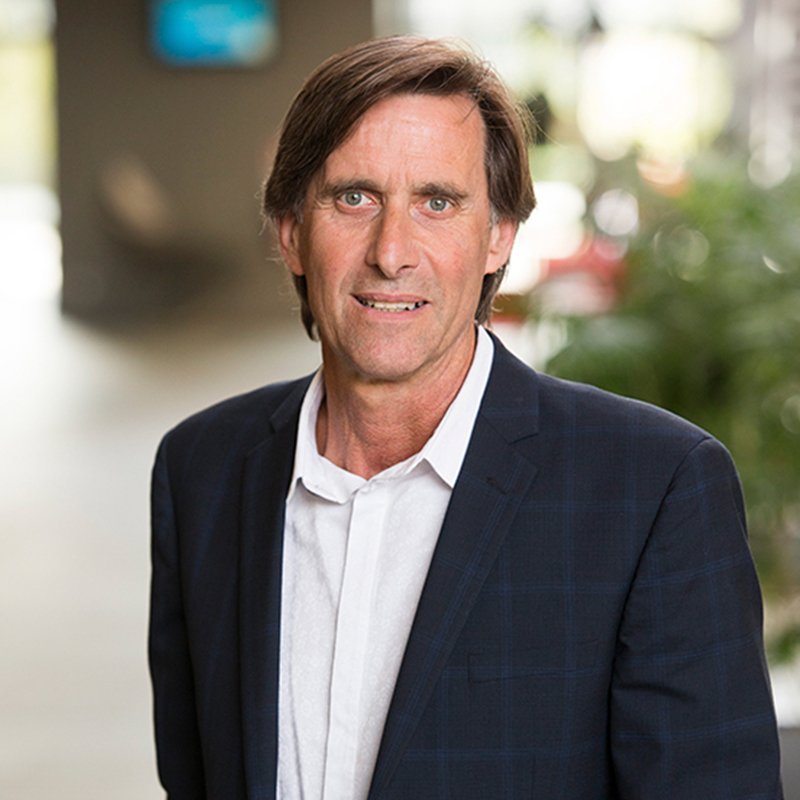
Page Contents
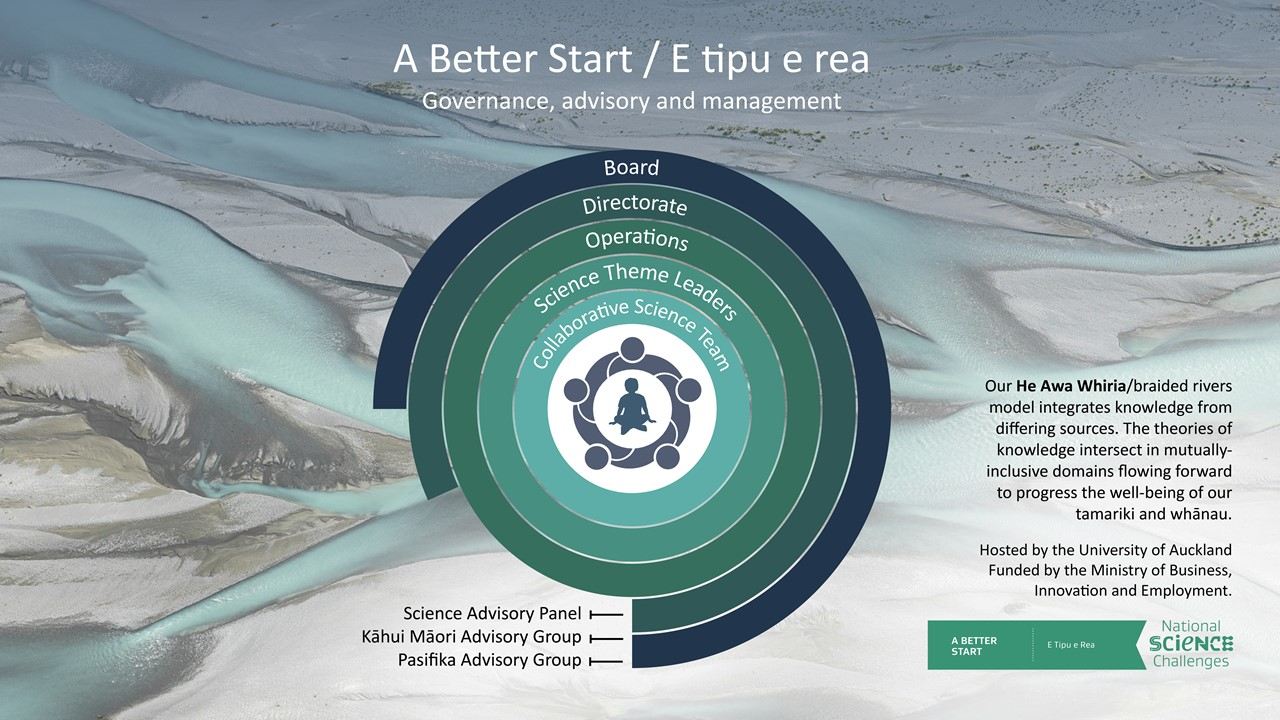
E Tipu e Rea (Grow and branch forth) is our Māori name.
The name comes from the leader and scholar Sir Āpirana Ngata. In 1949, shortly before his death, the Ngāti Porou leader wrote in the autograph book of schoolgirl Rangi Bennett a passage about this vision for Māori youth.
E tipu e rea mō ngā rā o tō ao
Ko tō ringa ki ngā rākau a te Pākehā
Hei ora mō te tinana
Ko tō ngākau ki ngā tāonga a ō tīpuna Māori
Hei tikitiki mō tō māhuna
Ko tō wairua ki tō atua
Nānā nei ngā mea katoa.
Grow and branch forth for the days destined to you
Your hands to the tools of the Pākehā
For the welfare of your body
Your heart to the treasures of your ancestors
adornments for your brow
Your spirit to god
Who made all things.
Science Leadership
The challenge leadership team includes the Challenge Director, two Co-Directors and theme leaders for each of the five research areas.
Challenge Director
Challenge Deputy Directors

Professor Wayne Cutfield
Professor of Paediatric Endocrinology
Professor Cutfield is an expert on insulin sensitivity and action in children, and leads clinical research which shows how environmental influences early in life can affect childhood growth and development in ways that could lead to chronic conditions in adult life.
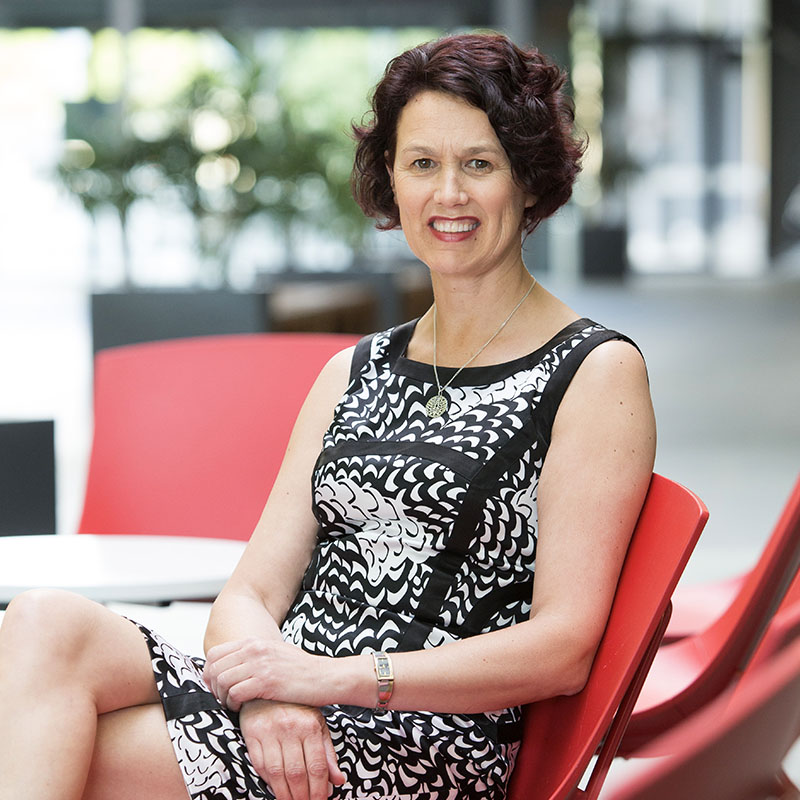
Professor Gail Gillon
Pro-Vice Chancellor
Professor Gillon’s area of research focuses on understanding the relationship between spoken and written language development and, in particular, the importance of children’s phonological awareness to reading and spelling development.
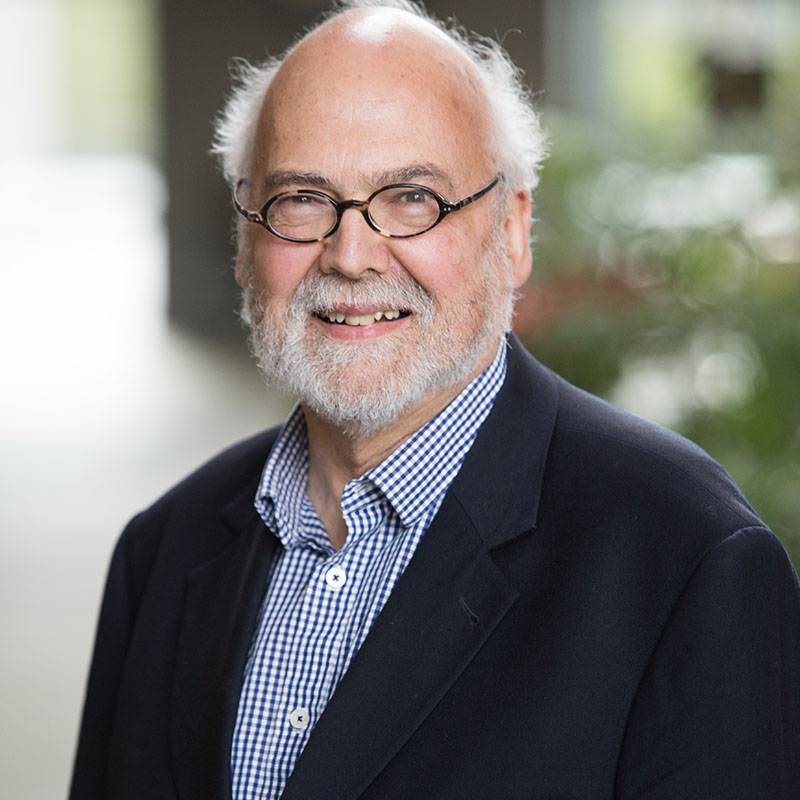
Professor Barry Taylor
Dean of the Dunedin School of Medicine
Professor Taylor’s research interests have spanned paediatric endocrinology, sudden infant death syndrome (both epidemiology and the physiology underpinning the ability of infants to wake up on arousal), and the development of national mortality review for child and youth deaths.
Research Theme Leaders
Healthy Weight
Karitane Fellow in Early Childhood Obesity,
Otago University
Resilient Teens
University of Auckland
Resilient Teens
University of Auckland
Successful Learning
School of Teacher Education,
University of Canterbury
Big Data
Director,
Centre of Methods and Policy Application in the Social Sciences (COMPASS),
University of Auckland
Kaihautu Māori
Professor Angus Macfarlane, previously Theme Leader Vision Mātauranga is now Kaihautu Māori, an honorary role of kaumatua status
Kaupapa Māori
Helen Moewaka Barnes (Te Kapotai, Ngapuhi-nui-tonu) is the Director of Whāriki, SHORE and Whariki Research Centre Massey University. She has worked on research in many areas; more recently relationships between the health of people and the health of environments, sexual coercion, alcohol and youth well-being and identity. Her work is both qualitative and quantitative and she is also involved in developing research within Māori paradigms.
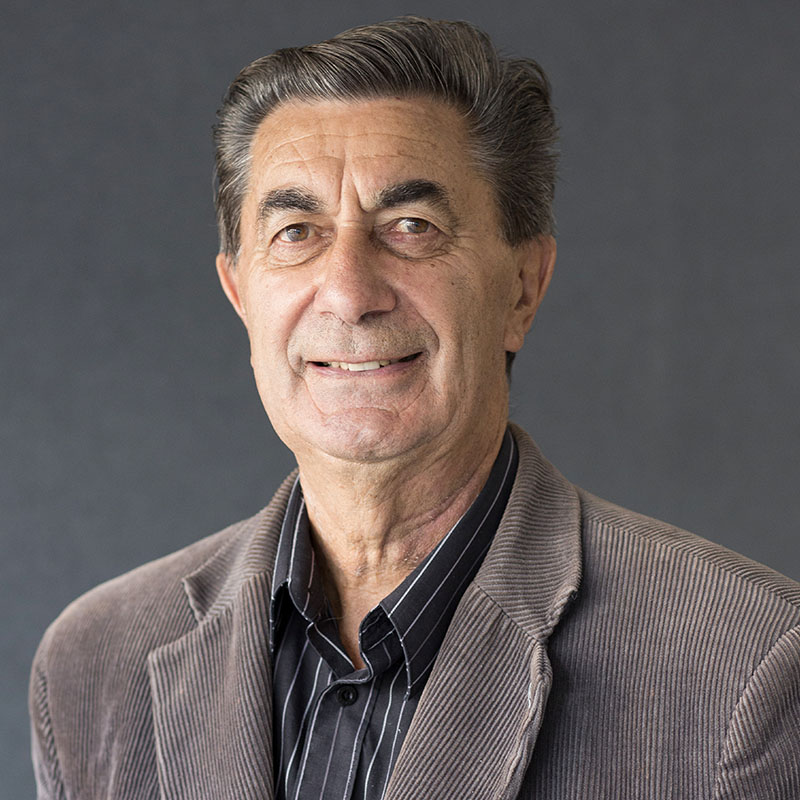
Te Ru Rangahau,
Māori Education Research Lab,
University of Canterbury
Science Advisory Panel
A Better Start has appointed an international Science Advisory Panel, to provide critical appraisal, guidance and global benchmarking for our research.
Chair

Professor Ken Ong
Professor of Paediatric Endocrinology
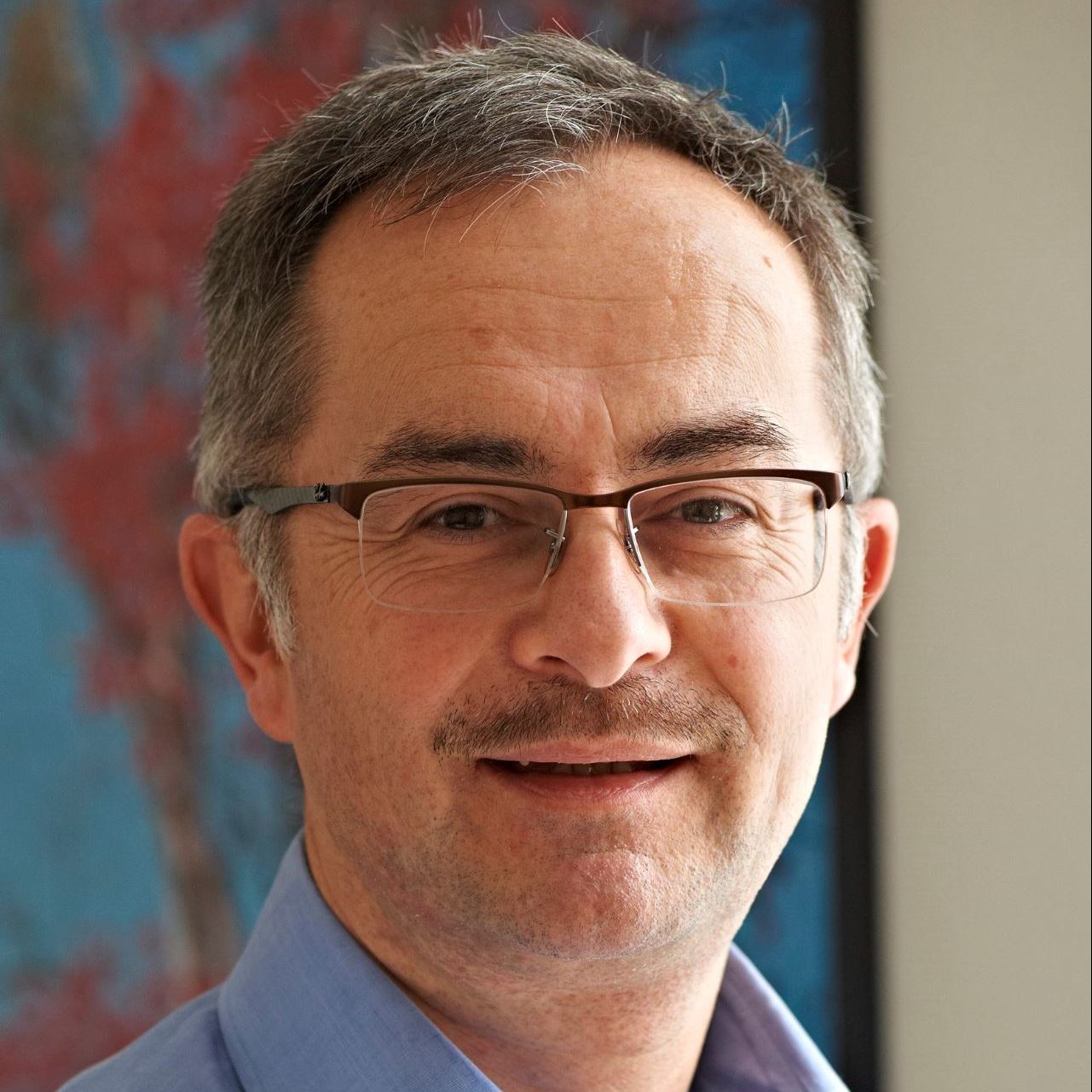
Professor Martin Wabitsch
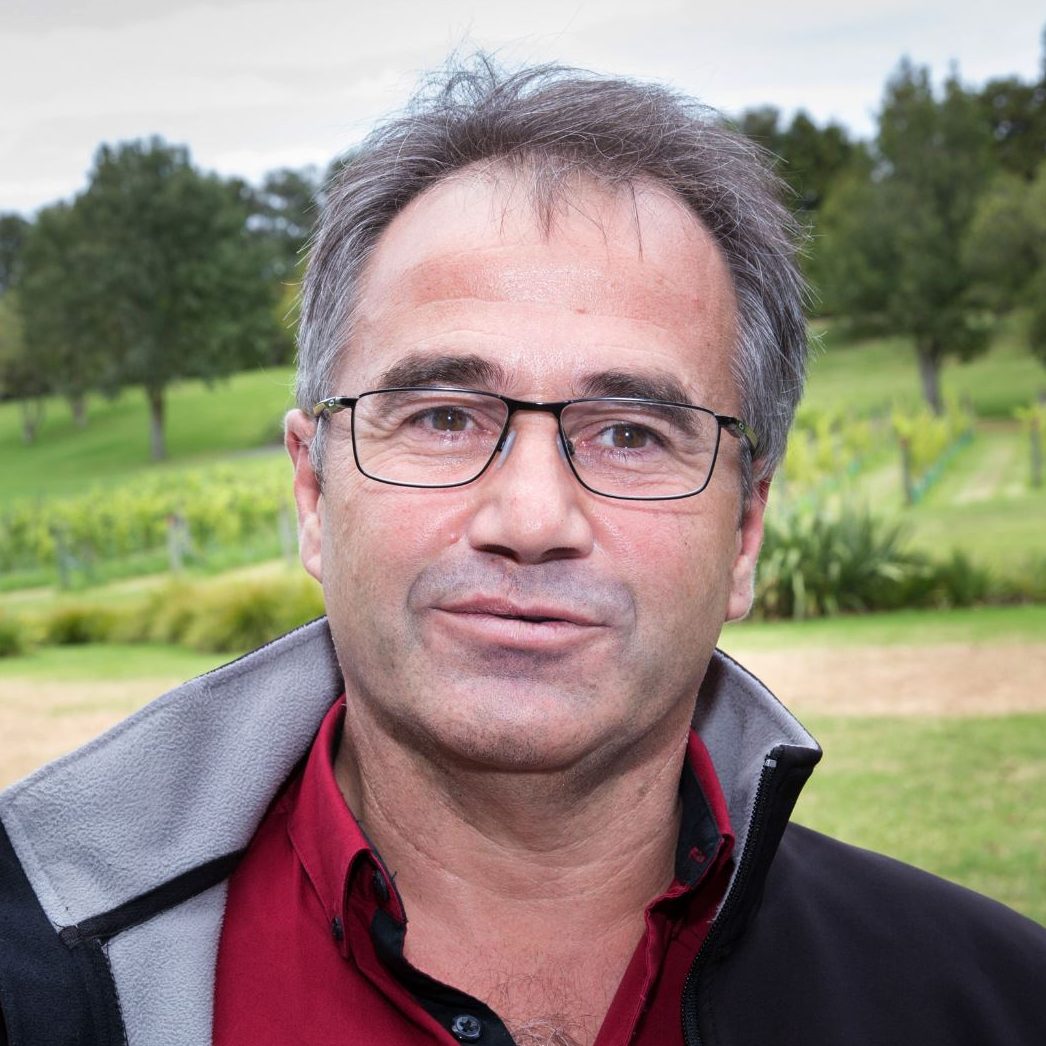
Andrew Sporle
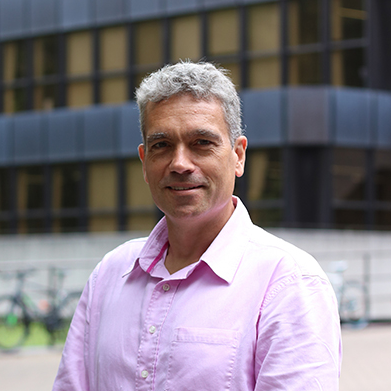
Dr Robert Savage
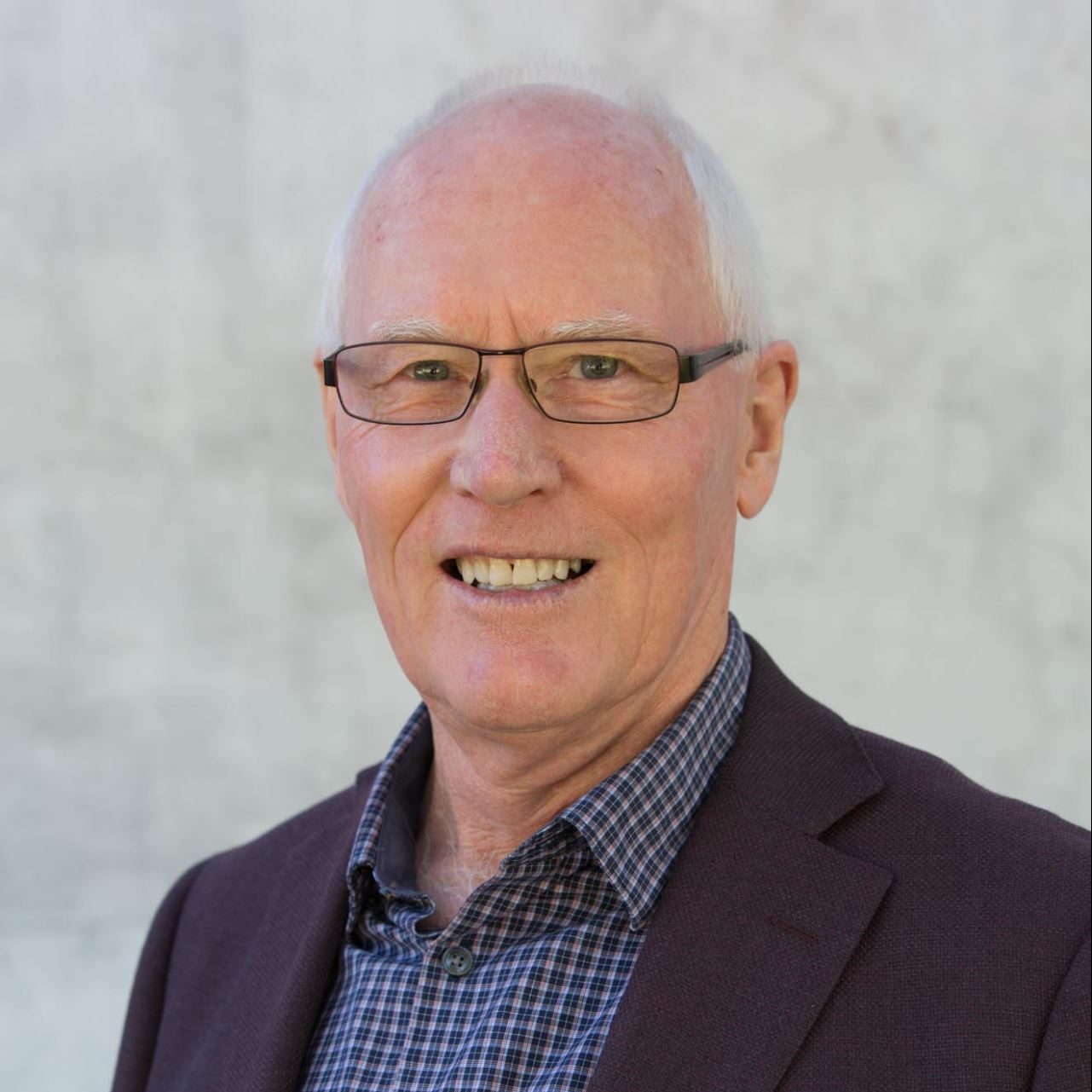
Professor James Chapman
Professor of Education Psychology
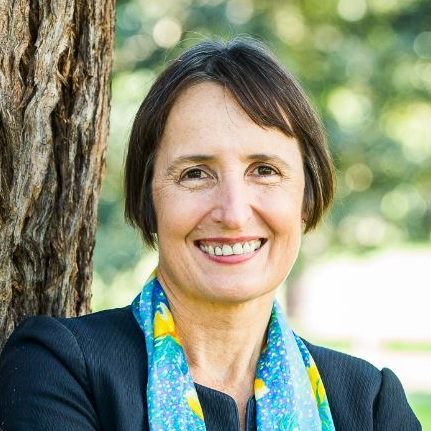
Professor Maree Teesson
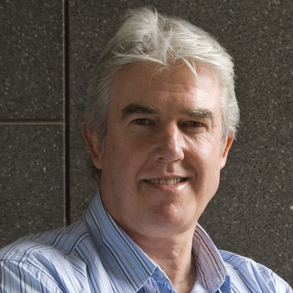
Professor John Lynch
Board
The Challenge Board provide management oversight, advice and support to the Challenge and its leadership.
Chair
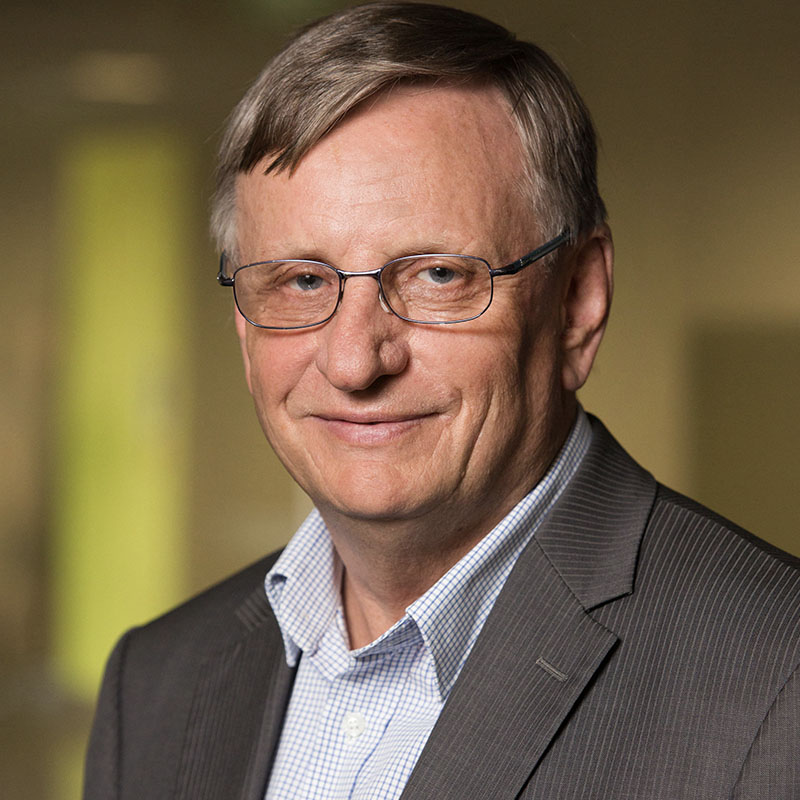
Pat Snedden
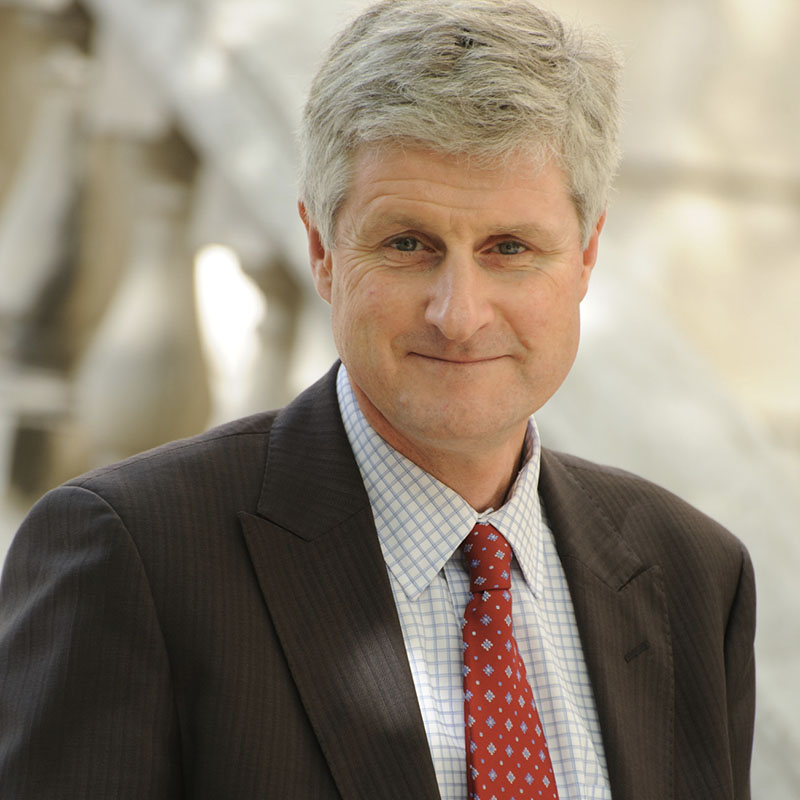
Professor Peter Crampton
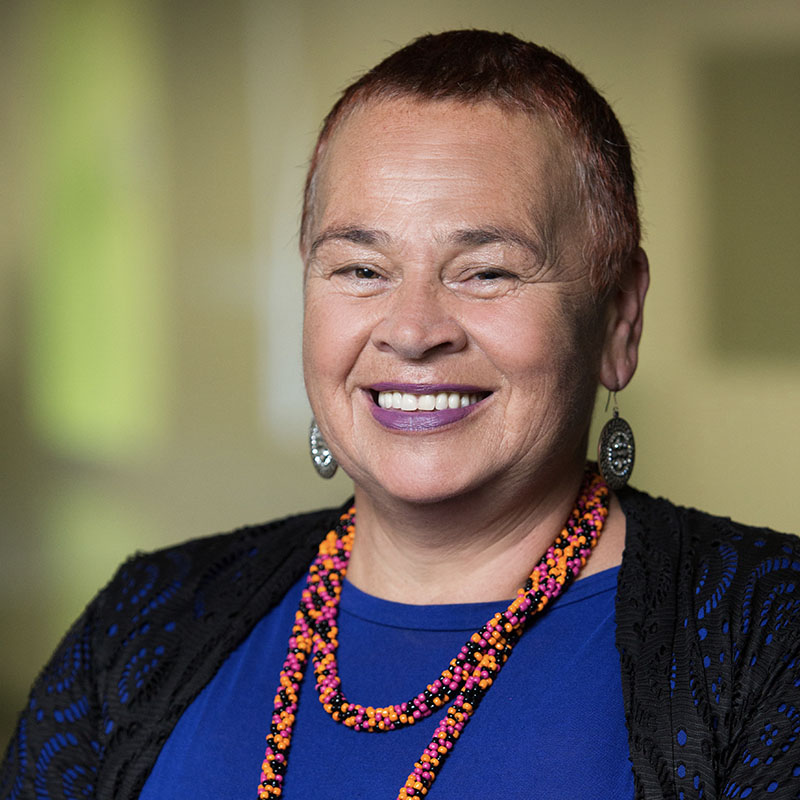
Materoa Mar
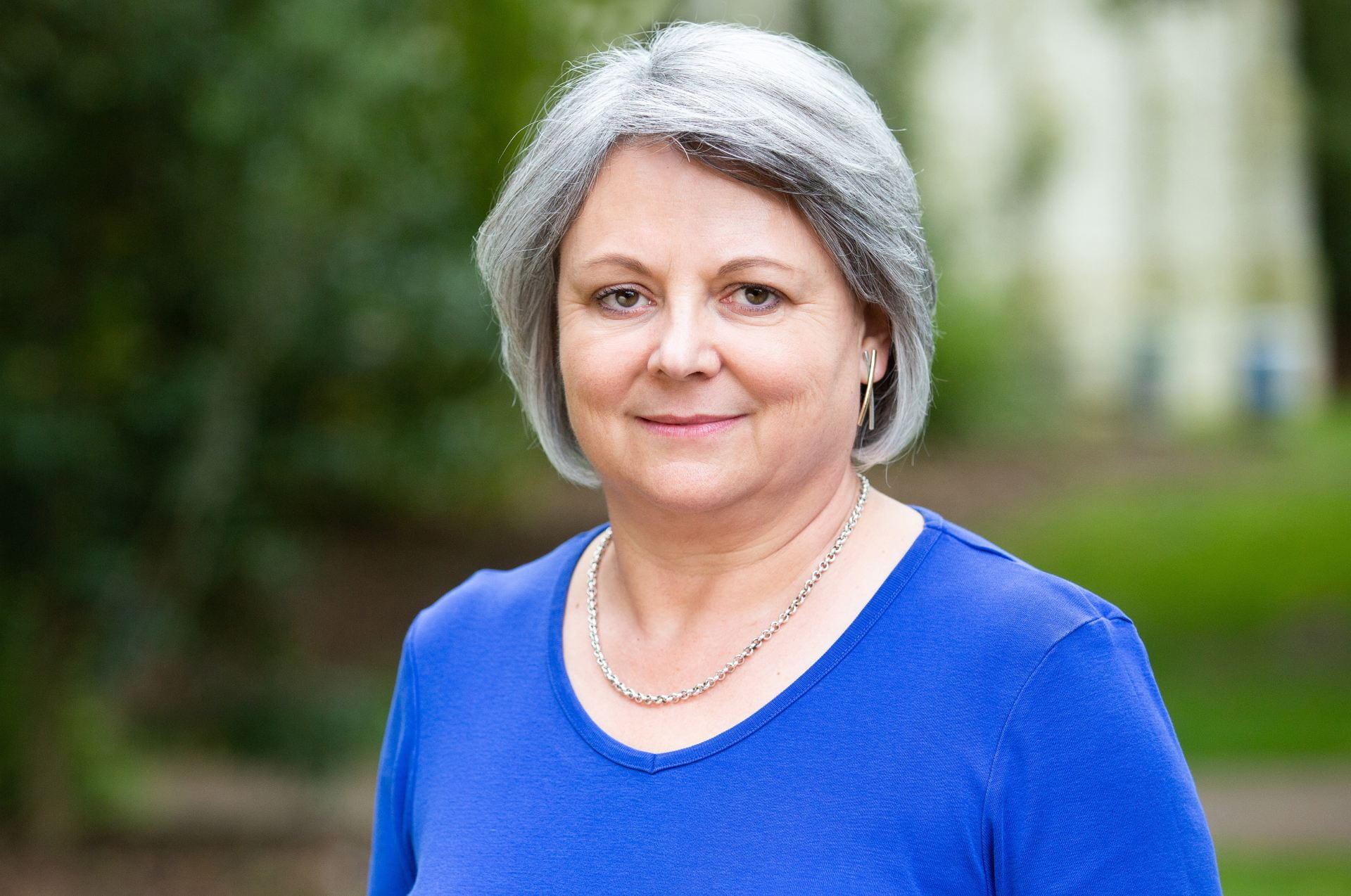
Professor Christa Fouche
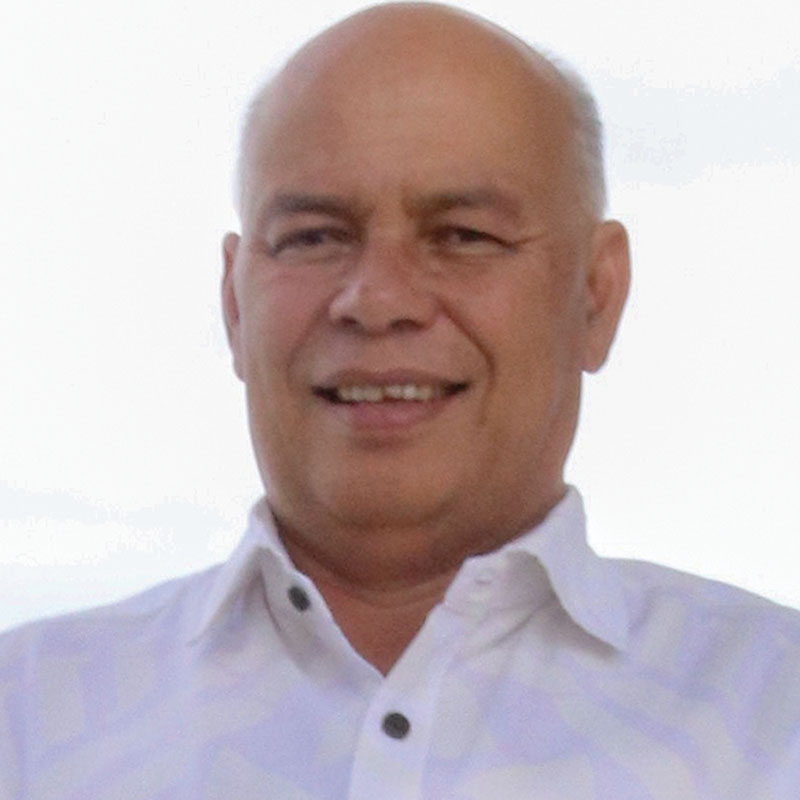
Dr Collin Tukuitonga

Amber Clark

Sharon Shea
Tribal affilitations: Ngati Ranginui, Ngati Hine, Ngati Haua, Ngati Hako
Sharon was the Northern Regional Health Authority’s Strategy Manager and a key member of its Māori Health Team. She helped write the first contracts between Māori health providers and government. She was a strategic and operational leader for multiple Māori health teams. Sharon has supported Māori health and wellbeing through her consulting business, Shea Pita and Associates Ltd. She has served on the Northland DHB and is a current ADHB member.
Former Board Members
A Better Start National Science Challenge thanks our former Board members for their service, advice and support to the Challenge and its leadership.
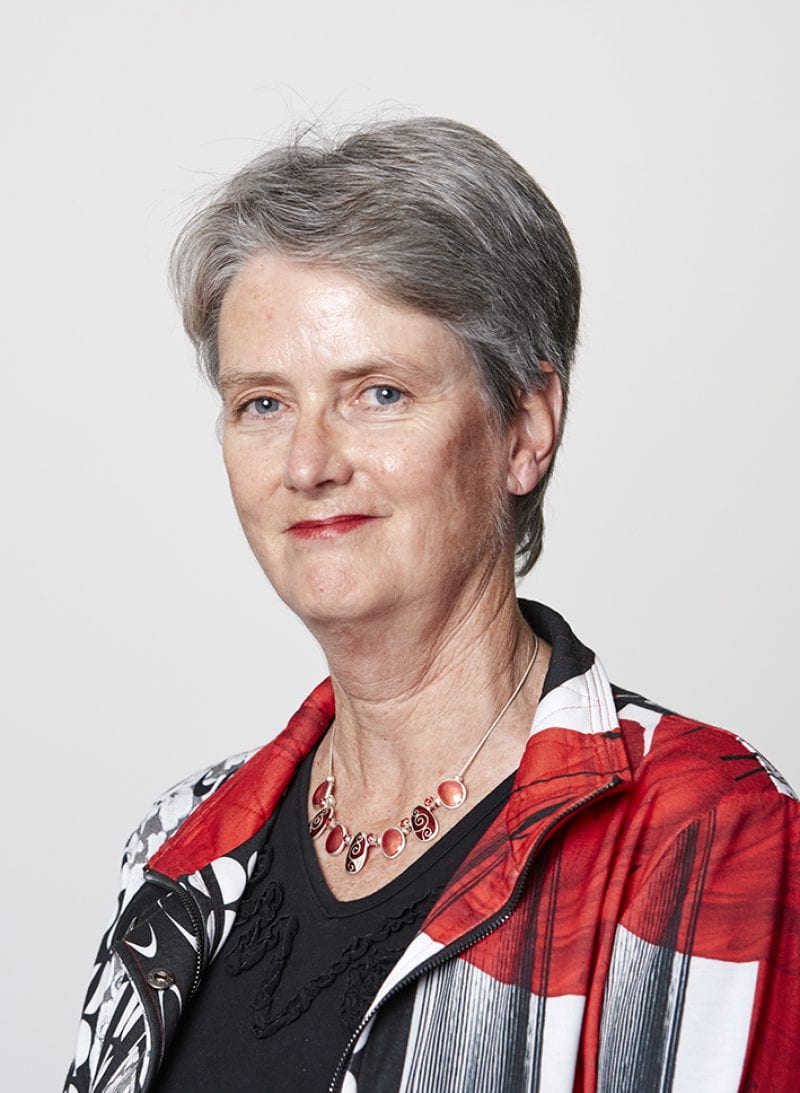
Distinguished Professor Jane Harding
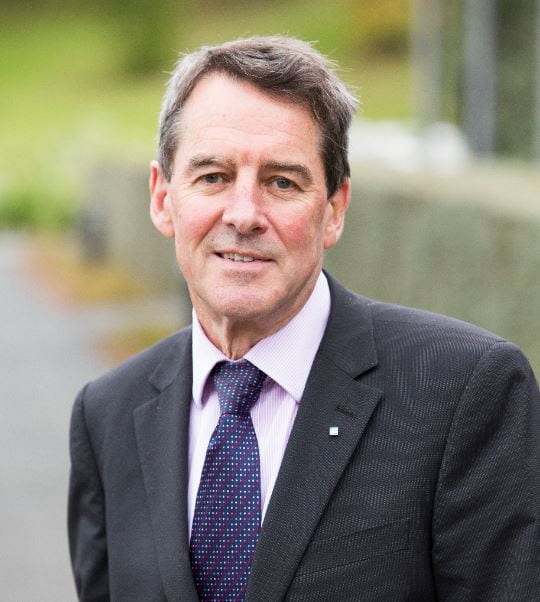
Professor Jim Metson
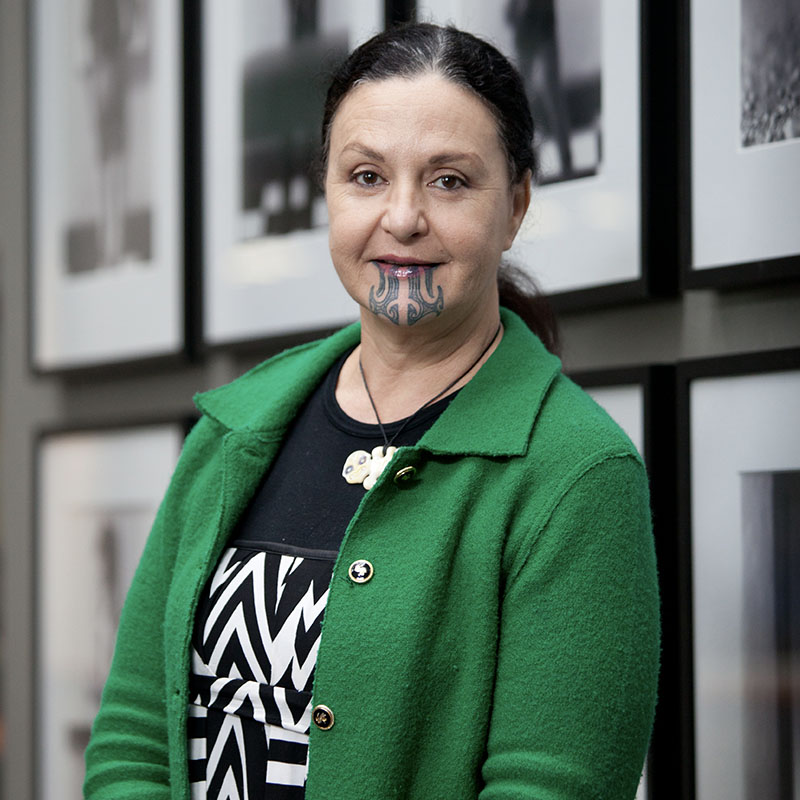
Associate Professor Papaarangi Reid
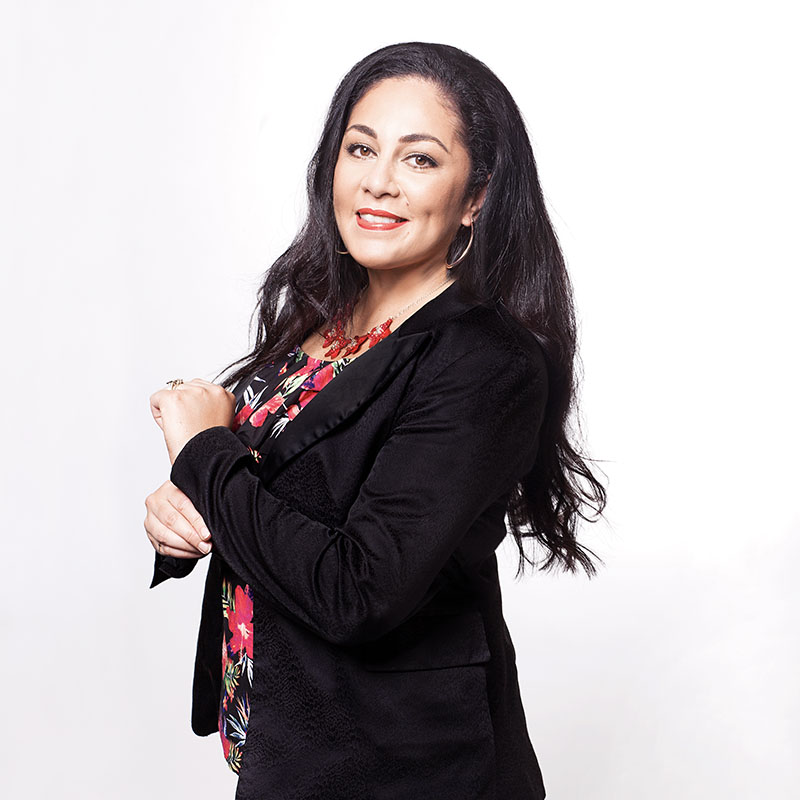
Dr Monique Faleafa
Kāhui Tūturu – Strategic Advisors
Our kāhui of Māori researchers and clinicians offers strategic advice into the Challenge’s research and alignment with Vision Mātauranga.
Chair
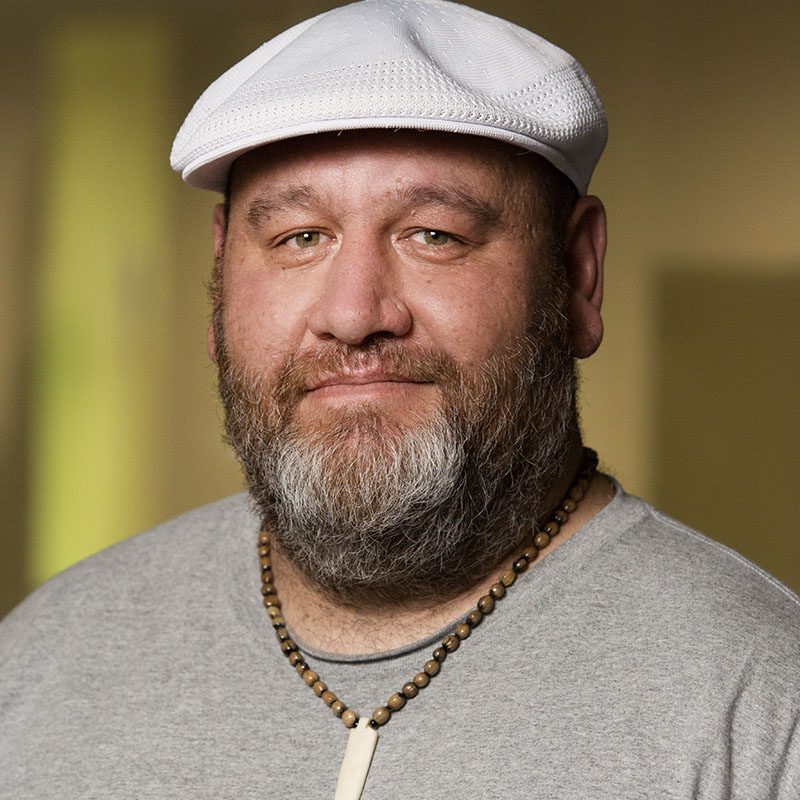
Garrick Cooper
Senior lecturer
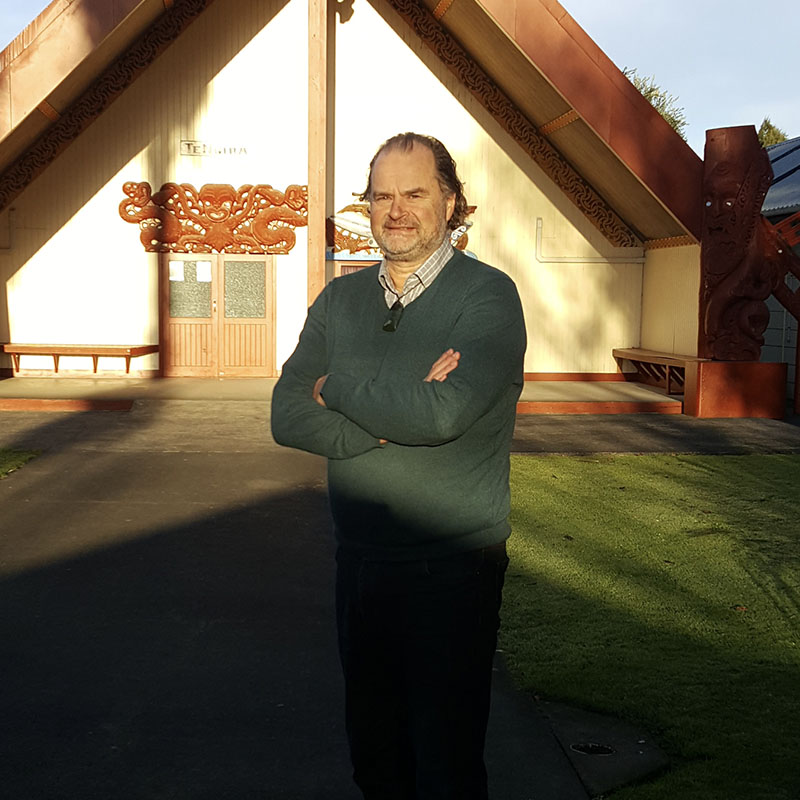
Dr Rawiri (David) Jansen
Clinical Director
Ngati Raukawa descent.
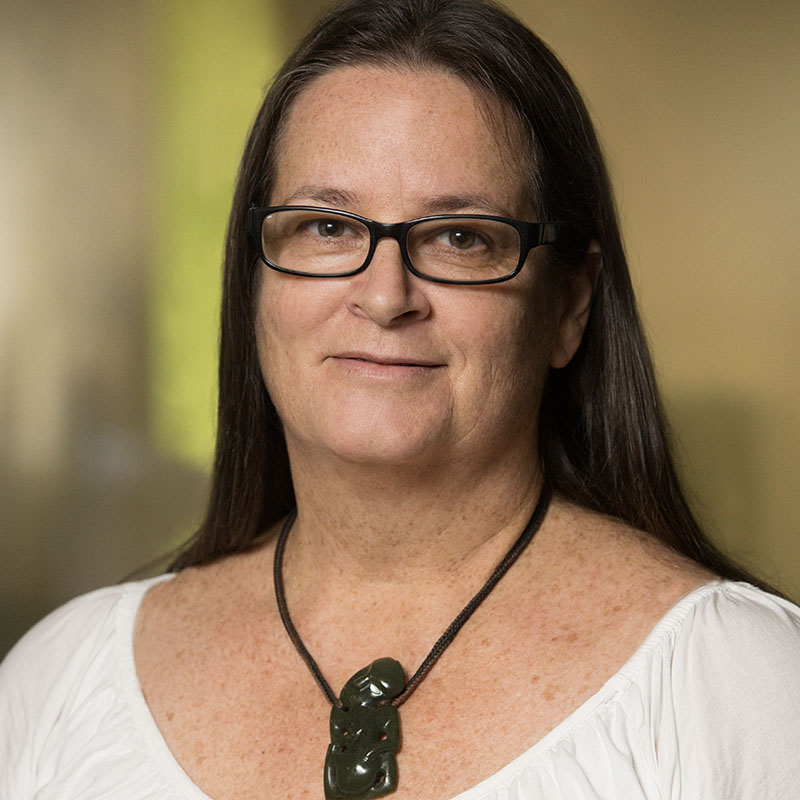
Professor Helen Moewaka Barnes
Director of the Whariki, SHORE and Whariki Research Centre
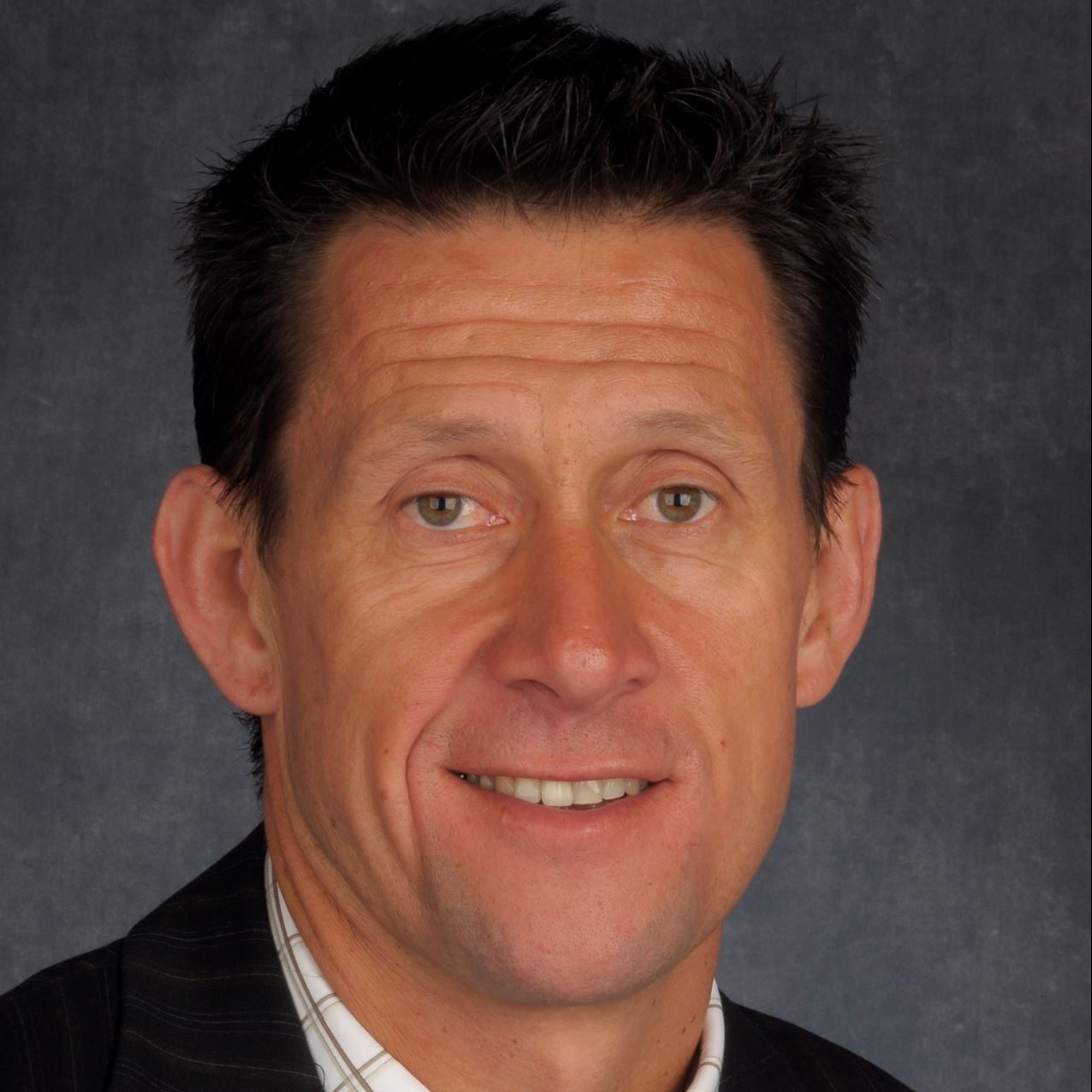
Dr Rees Tapsell
Senior lecturer
Cath Rau
Pasifika Advisory Group
The group of Pasifika researchers advises the Challenge on its research, engagement with Pasifika communities and alignment with Pasifika health research guidelines
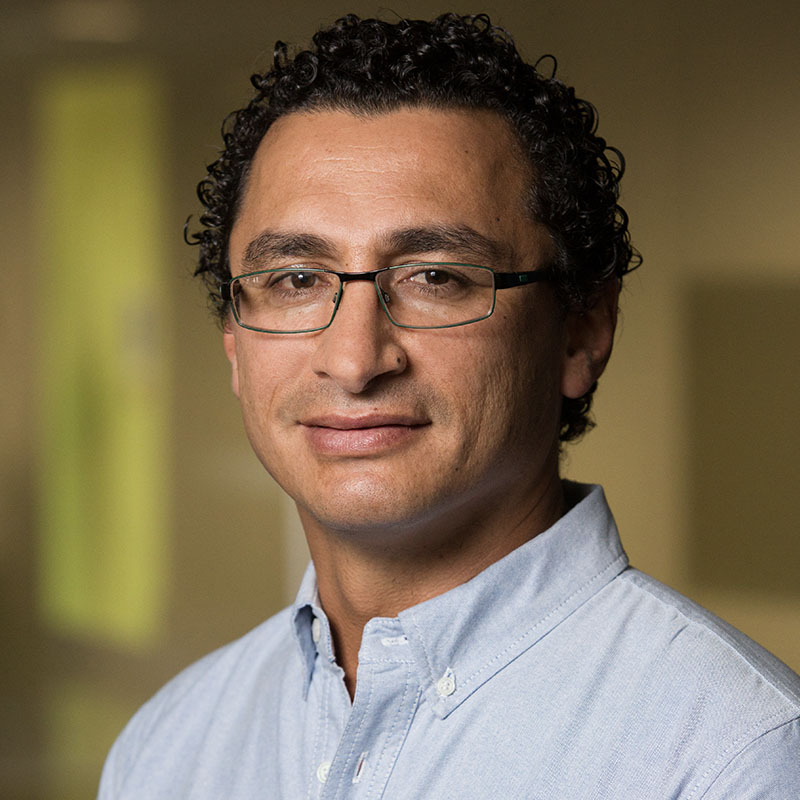
Dr Gerhard Sundborn
Senior Research Fellow
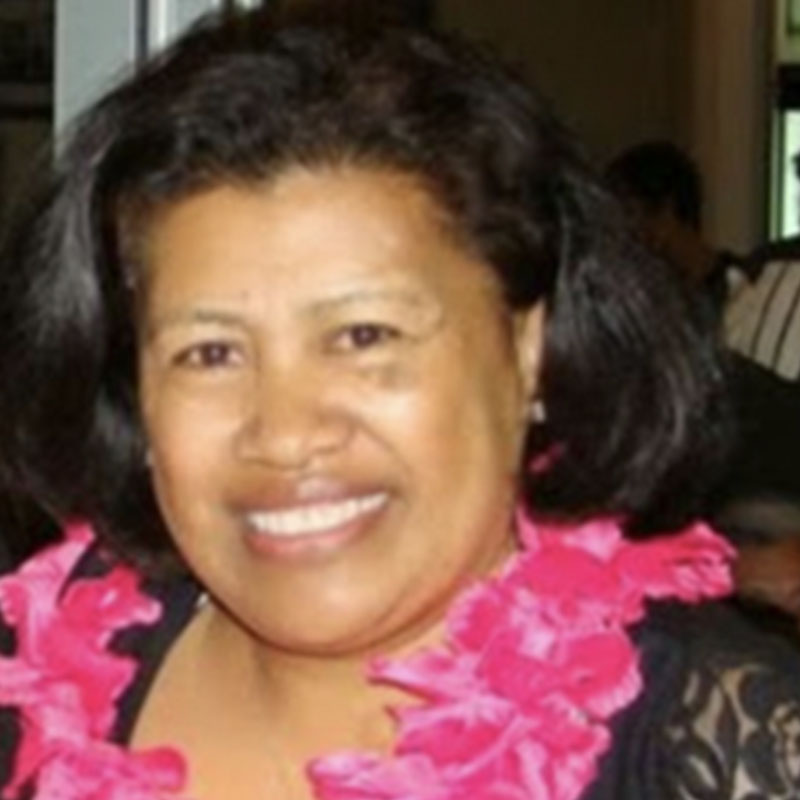
Hilda Fa'asalele
Chief Advisor
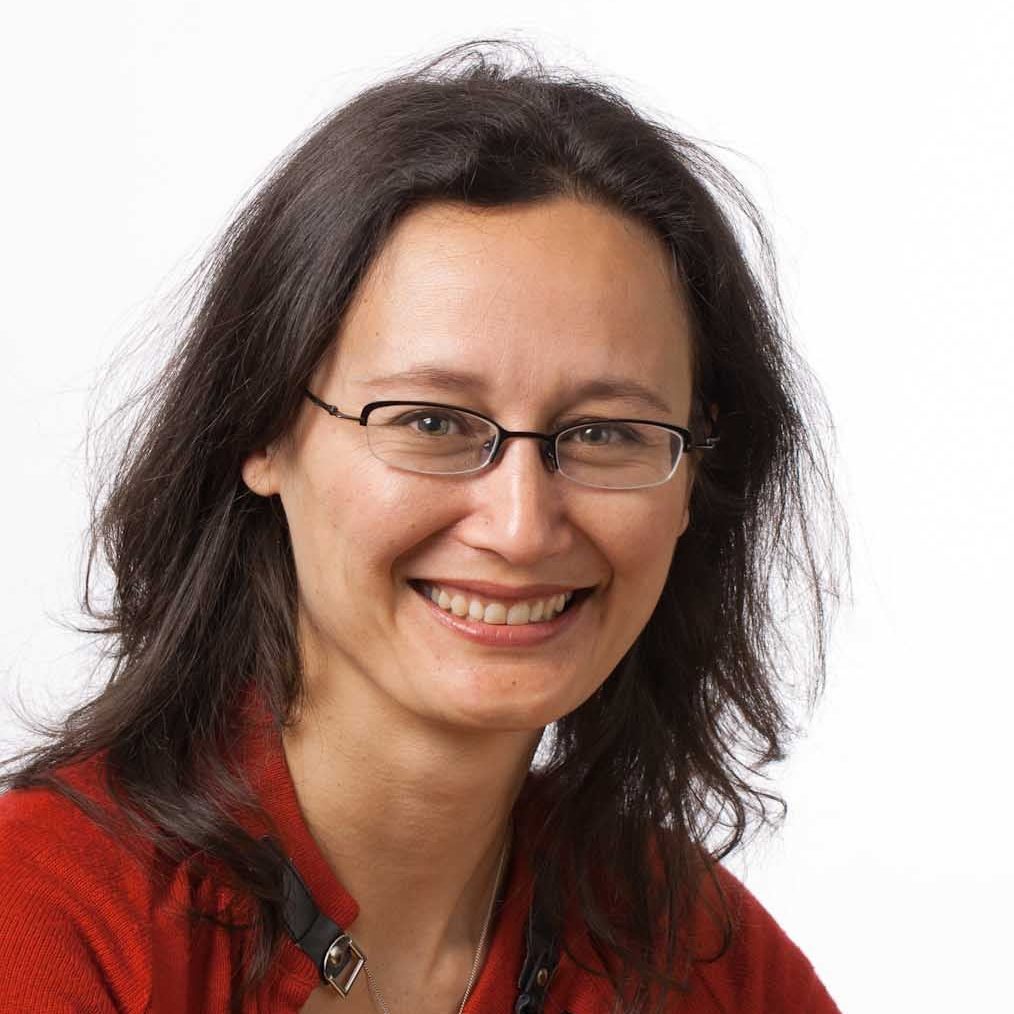
Dr Mele Taumoepeau
Chairperson Health Research Council Pacific Committee
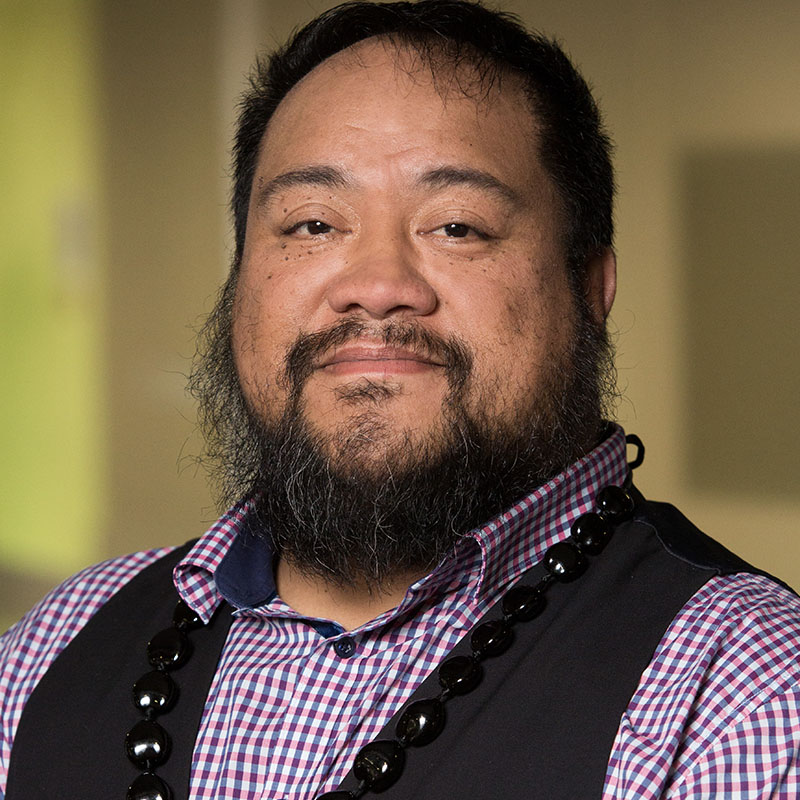
Mark Tulia
Pasifika Regional Co-ordinator
Partners and collaborators
A Better Start works with a range of partners and collaborators whose organisational goals and vision align closely with the Challenge.
Ngāti Whātua Ōrākei
Acknowledgement
We would like to acknowledge the contributions of those who helped in our set-up phase:
Distinguished Professor Jane Harding of the Liggins Institute at the University of Auckland, Distinguished Professor Niki Davis of the University of Canterbury, Distinguished Professor Richard Faull of the University of Auckland, the late Emeritus Professor David Fergusson of the University of Otago and Cathy Wiley of the New Zealand Institute of Educational Research.
